'Greatest threat': Over 50 crore Indians to lose 7.6 years of life if current pollution levels persist, claims study
Over 50 crore people living in north India are on track to lose 7.6 years of their lives if the current air pollution levels persist, a study has claimed and has called pollution the greatest threat to human health in the country.
Energy Policy Institute at the University of Chicago (EPIC)'s Air Quality Life Index said about 44 percent of the world's increase in pollution has come from India since 2013. Since 1998, India's average annual particulate pollution has increased by 61.4 percent, it added.
As per Air Quality Life Index's (AQLI) new analysis, air pollution shortens average Indian life expectancy by five years, and in the Indo-Gangetic plains of northern India, 510 million residents, nearly 40 percent of the country's population, are on track to lose 7.6 years of life expectancy on average if current pollution levels persist.
)
As per the study, India is the world's second most polluted country after Bangladesh.
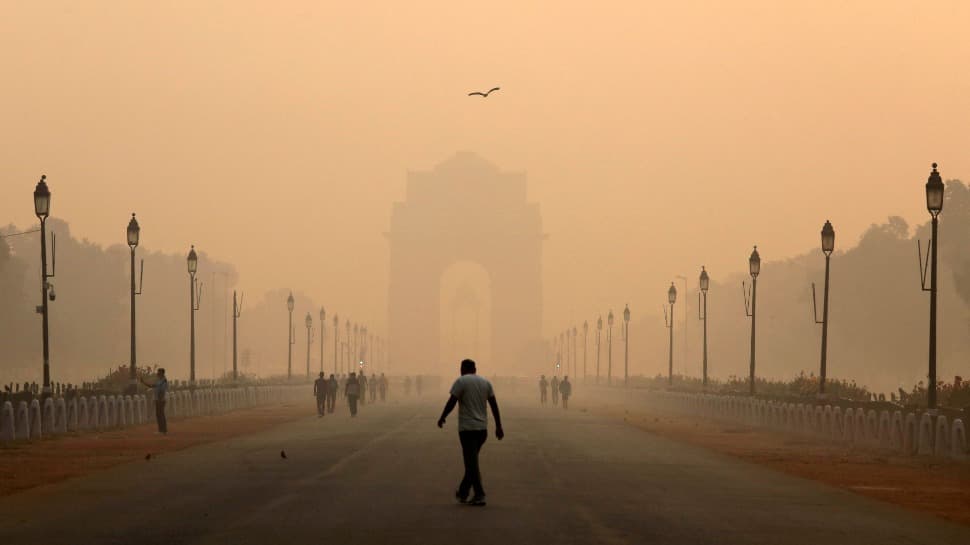
While some areas of the country are much worse than average, the air pollution is shortening lives by almost 10 years in the National Capital Territory of Delhi, the most polluted city in the world, the study claimed.
The analysis said Delhi stands to gain life expectancy by 10 years on average if annual average pollution levels do not exceed five micrograms per cubic metres.
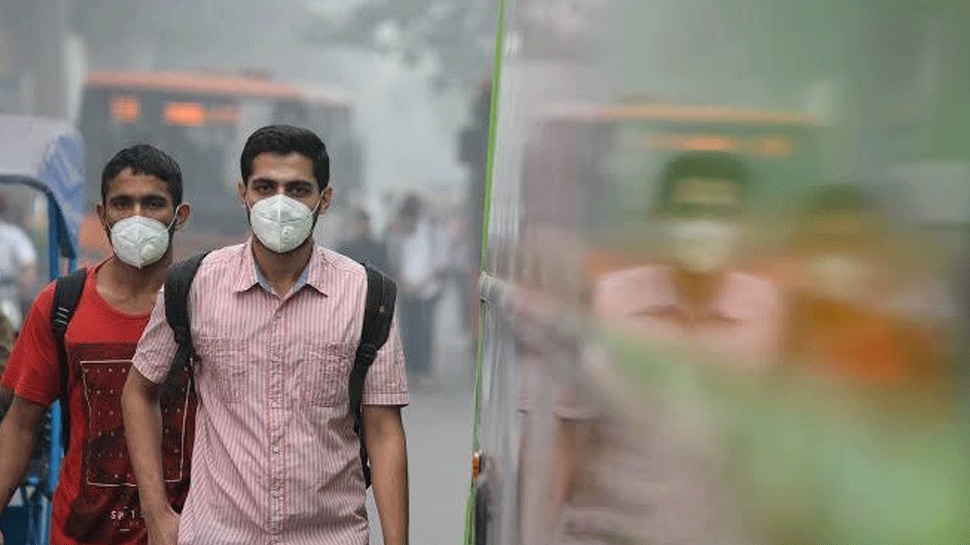
The study said that all of India's 1.3 billion people live in areas where the annual average particulate pollution level exceeds the WHO guideline.
"More than 63 percent of the population live in areas that exceed the country's own national air quality standard of 40 g/m3. Measured in terms of life expectancy, particulate pollution is the greatest threat to human health in India, reducing life expectancy by 5 years," the study stated.
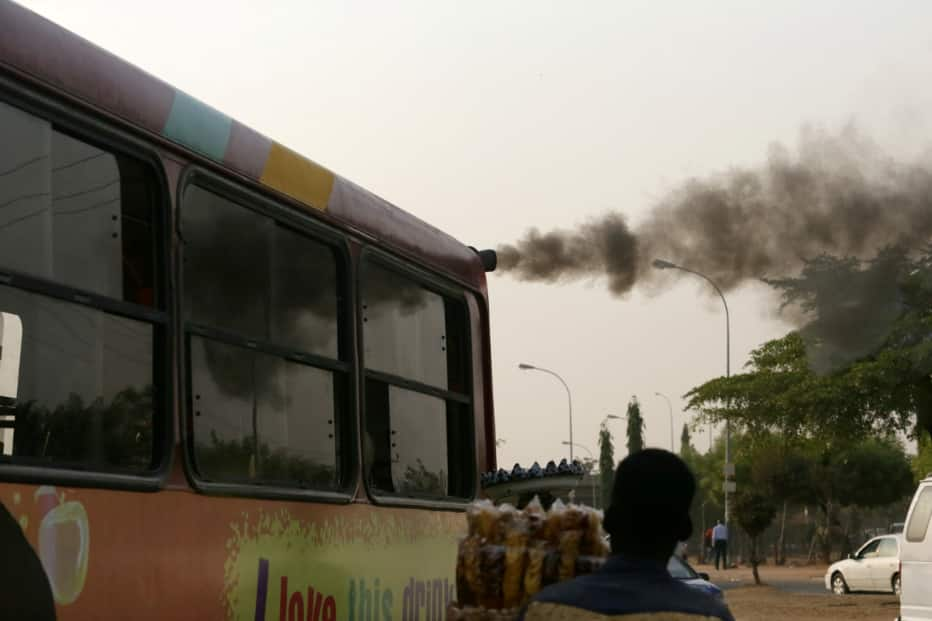
In contrast, child and maternal malnutrition reduce average life expectancy by about 1.8 years, while smoking reduces the average life expectancy by 1.5 years, the study found.
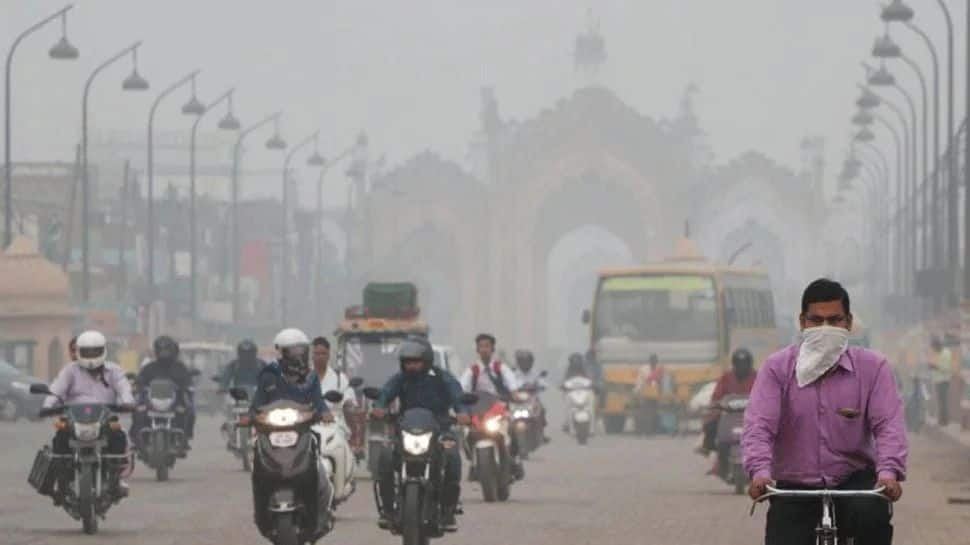
Globally, the report found that particulate air pollution takes 2.2 years off global average life expectancy, or a combined 17 billion life years, relative to a world that met the WHO guideline (5 g/m3).
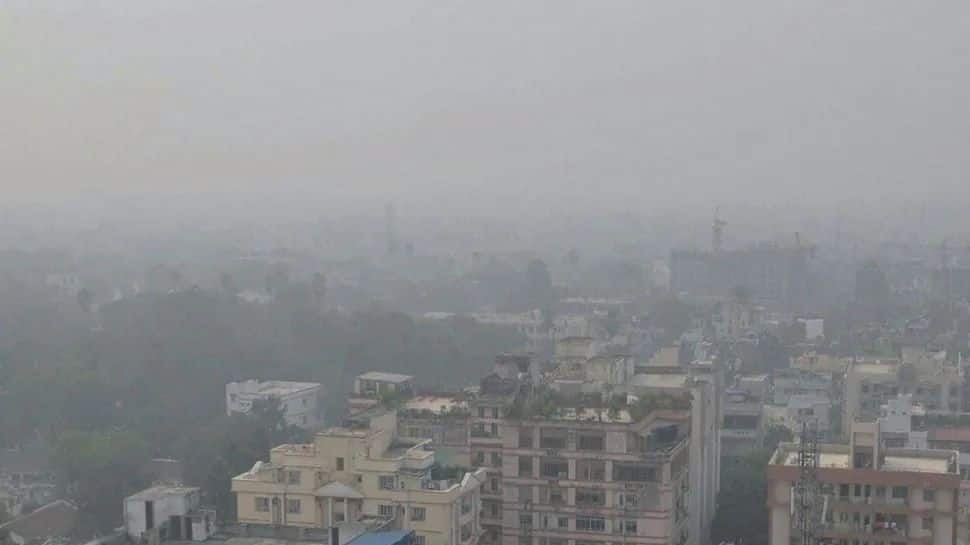
This impact on life expectancy is comparable to that of smoking, more than three times that of alcohol use and unsafe water, six times that of HIV/AIDS, and 89 times that of conflict and terrorism, as per the analysis.
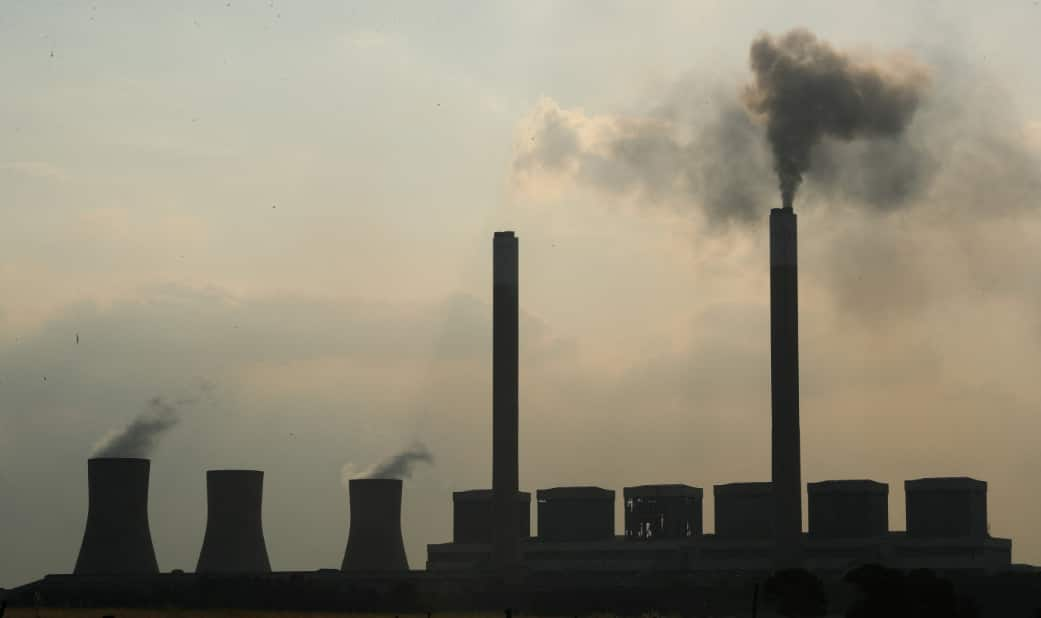
The study highlighted that in no region of the world is the deadly impact of pollution more visible than in South Asia, where over half of the life burden of pollution occurs.
Residents there are expected to lose about five years of their lives on average if the current high levels of pollution persist, and more in the most polluted regions.

